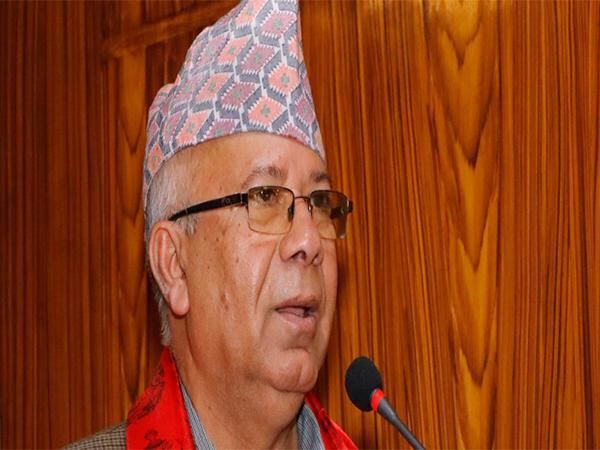
Vehicle Scrapping Policy turning into a 'win' for people
Jun 25, 2025
Manesar (Haryana) [India], June 25 : As India moves steadily towards cleaner and safer roads, the government's ambitious Vehicle Scrapping Policy is finding ground through modern, scientific facilities being developed across the country.
One such example is Abhishek K Kaiho Recyclers Pvt. Ltd., located near Manesar, Haryana, the state's first Registered Vehicle Scrapping Facility (RVSF) under the new framework.
This initiative falls under the Voluntary Vehicle-Fleet Modernization Program (V-VMP), launched by Prime Minister Narendra Modi on 13th August 2021.
The policy aims to phase out unfit and polluting vehicles in an eco-friendly manner and promote safer, greener transport. It also intends to reduce vehicular air pollution, enhance road safety, and boost fuel efficiency while formalizing the informal scrapping sector.
While talking to ANI, Anirudh Kedia, Director of Abhishek K Kaiho Recyclers Pvt. Ltd., said, "We have set up an RVSF, which stands for Registered Vehicle Scrapping Facility. The Government of India has introduced a policy mandating the scrapping of vehicles that are over 15 years old due to pollution concerns. So, we brought in Japanese collaboration to establish this scrapping center near Manesar in Haryana. This is the first center of its kind in Haryana, and we have the capacity to scrap around 24,000 to 25,000 vehicles annually."
When asked about the process and steps in scrapping he further added, "Firstly vehicles arrive here, we can scrap all kinds passenger vehicles, two-wheelers, three wheelers, buses, and trucks. First, we identify the vehicles and their parts. Then we carry out a depollution process. Once depollution is complete, the vehicle enters our scrapping facility where the parts are removed. After that, the engine is taken out and destroyed completely as per government regulations."
"The iron and aluminum components are separated, and once that's done, only the body remains. This body is then sent for cutting. We use plasma cutters instead of gas cutters for this. The cut body is then processed in a baling machine, and the final product that comes out is a scrap bale. Importantly, the policy also aims to reduce dependence on imported scrap by encouraging the creation of domestically processed scrap bales, which can be reused in furnaces to manufacture new vehicle components," he added further.
On public perception about the new Vehicle Scrapping Policy, he said, "There's a myth among customers that this entire process takes a lot of time. But let me clarify it's a very easy process, we have a scrapping time of 80 to 100 minutes for a vehicle like car. From registration to getting the scrapping certificate everything is very easy. Our collaboration is with a Japanese company that has been in this business for the last 50 years. They are pioneers in this field in Japan. We have brought their technology to India and implemented it here. Moreover, the government also offers rebates on registration tax and discounts on new vehicles, making the entire process even more beneficial for them."
The Vehicle Scrappage Policy has made notable progress, with 99 Registered Vehicle Scrapping Facilities (RVSFs) currently operational across 20 states and Union Territories. So far, over 2.45 lakh vehicles have been scrapped, including approximately 1.18 lakh government vehicles and 1.27 lakh private vehicles.
To ensure scientific and efficient vehicle fitness testing, 136 Automated Testing Stations are functional across 16 states. A significant increase has been observed in both monthly scrapping volumes and vehicle fitness tests during FY25-26 compared to the previous fiscal year.
The policy offers several incentives to promote voluntary scrapping, such as motor vehicle tax concessions of up to 50%, registration fee waivers, and discounts from Original Equipment Manufacturers (OEMs) on new vehicle purchases.
Additionally, citizen-centric digital platforms like Vahan and VScrap are in place to provide a seamless experience--from booking appointments to receiving Certificates of Deposit.
With its technology led approach and alignment with India's climate goals, the Vehicle Scrapping Policy is not only transforming the automotive sector but also creating a roadmap for sustainable urban mobility.
As more centers like the one in Manesar come up across India, the scrapping policy is set to become a cornerstone in India's transition to a cleaner, safer, and more efficient transport ecosystem.






















